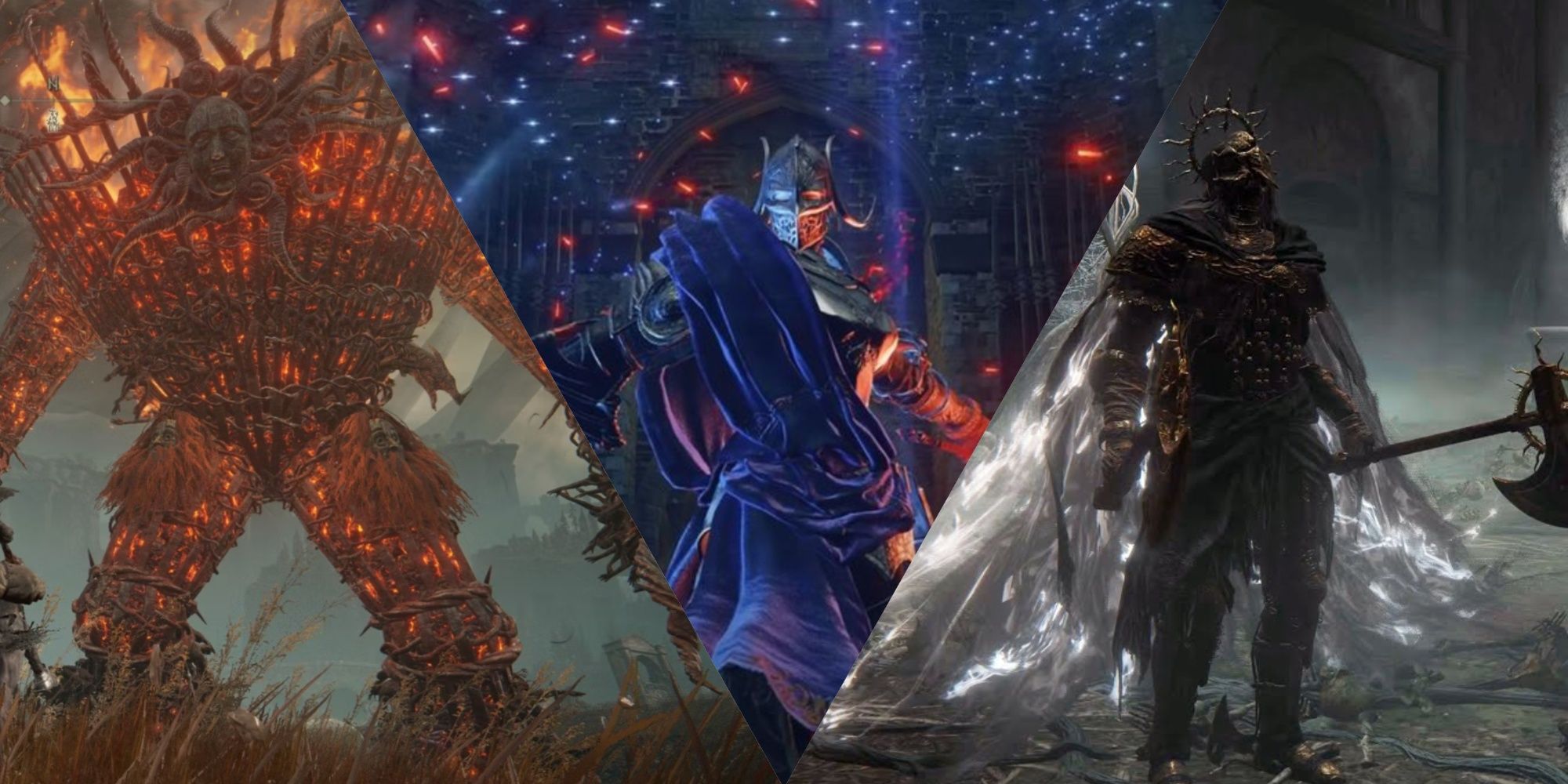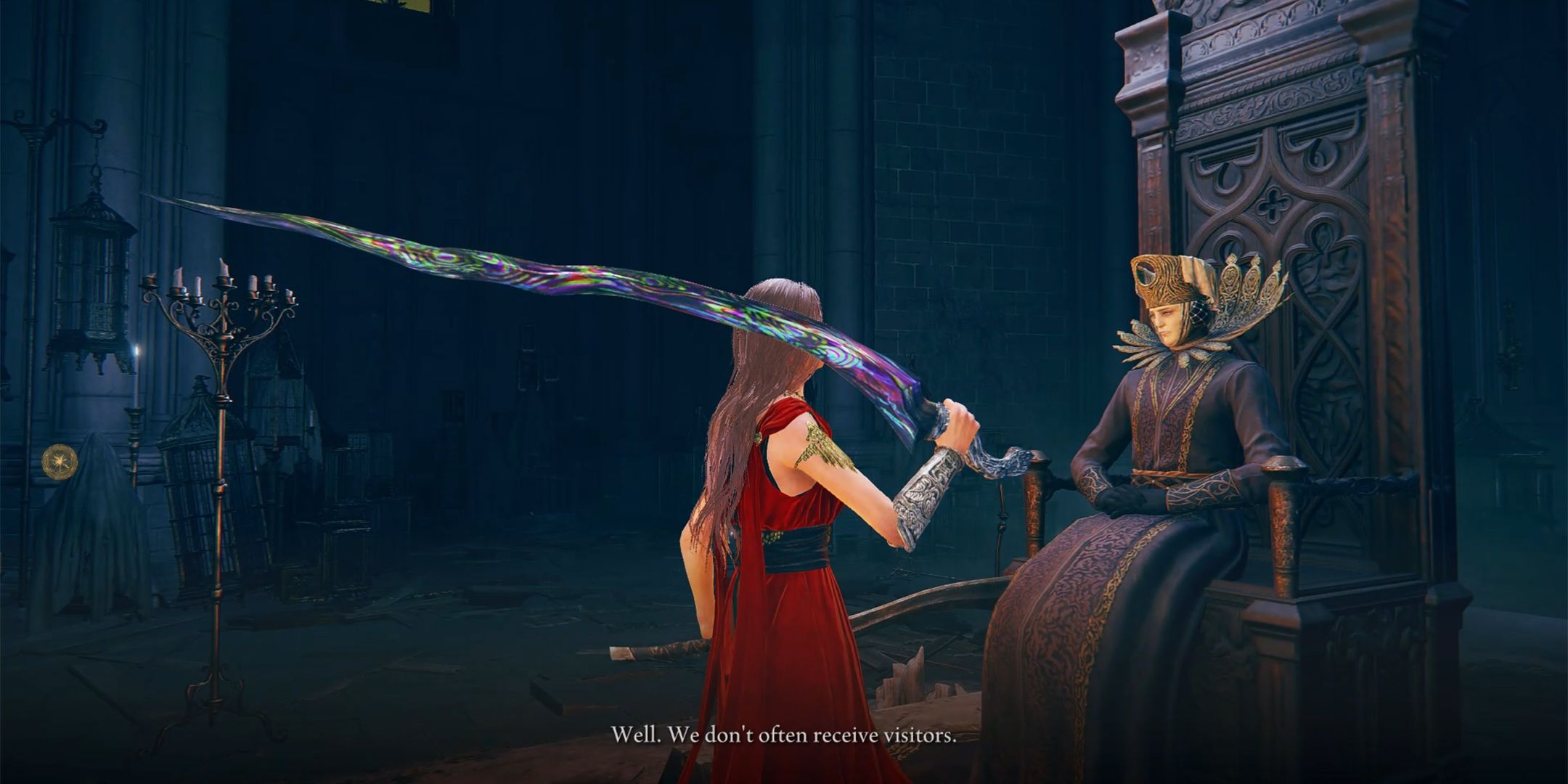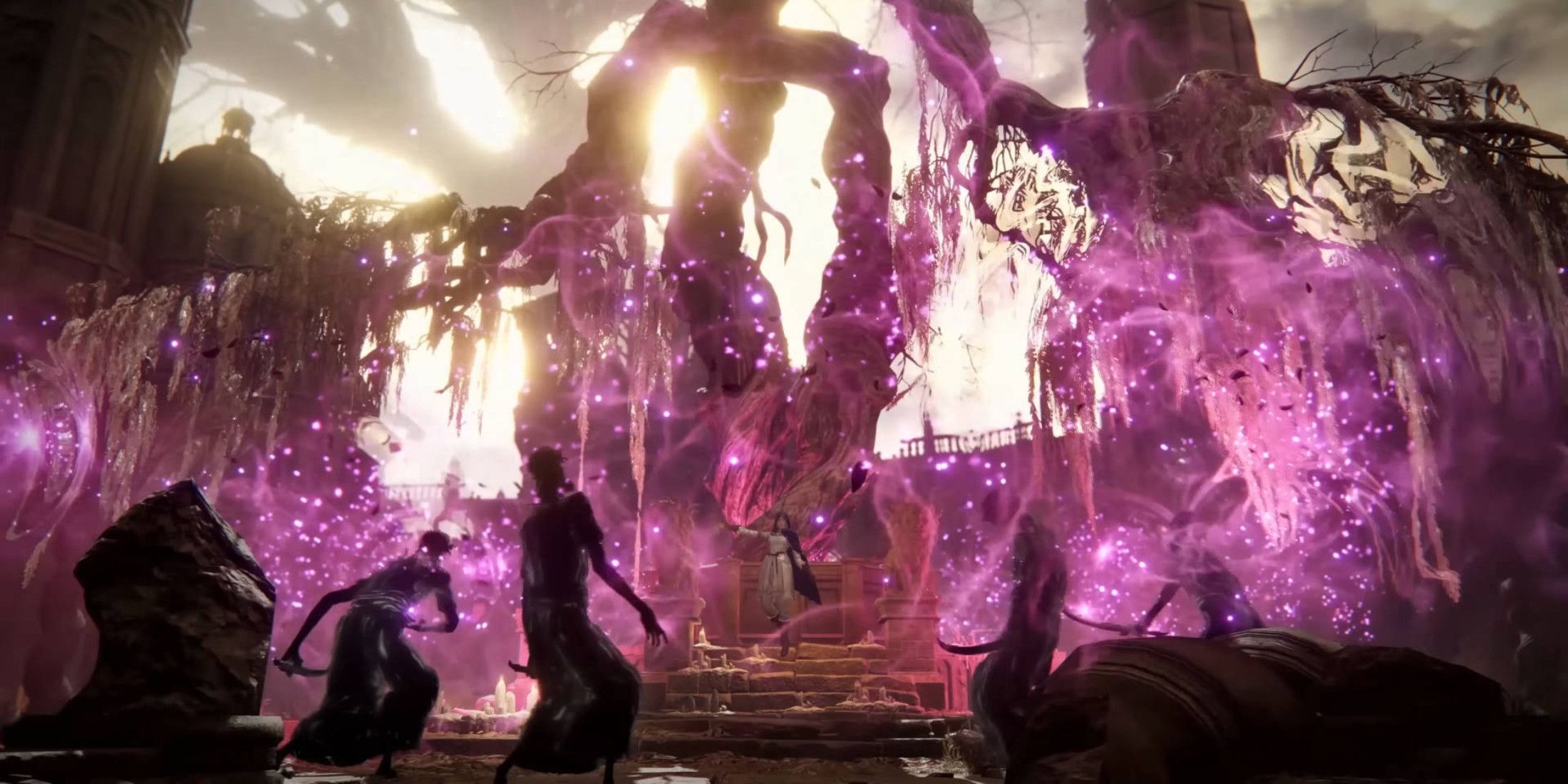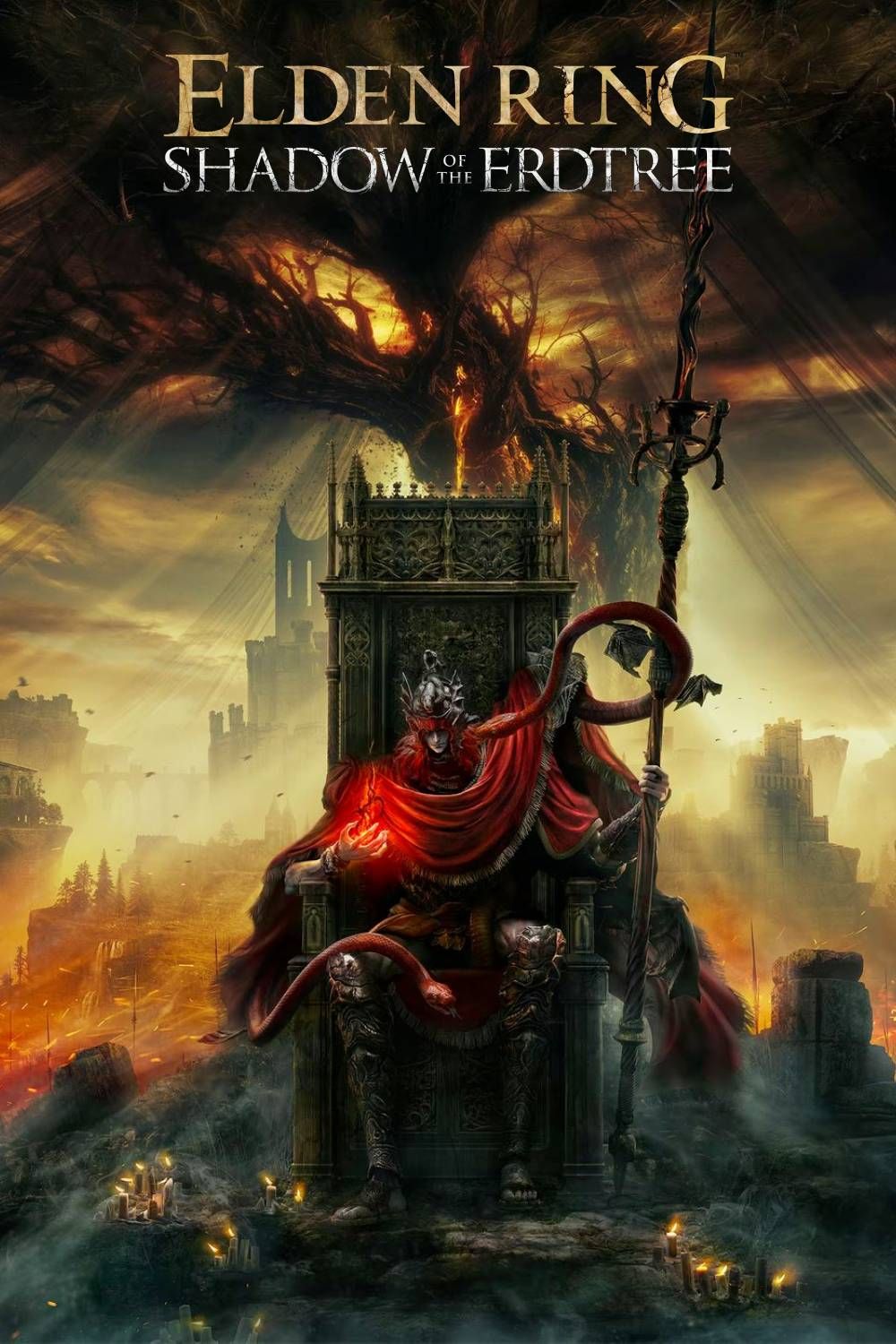Elden Ring: Shadow of the Erdtree's difficulty has been much-discussed in the week following its release. Many players have lauded the expansion for this commitment to challenge, citing it as a pillar of the experience. Others, however, have been less charitable in their assessment of Elden Ring: Shadow of the Erdtree, calling it unfair, difficult for difficulty's sake, and even poorly designed.
Indeed, for as much of a success as Shadow of the Erdtree has shaped up to be, it is arguably FromSoftware's most contentious project since Dark Souls 2. Whatever side of the aisle a player lands on when it comes to its difficulty, it's fair to say that the DLC can often demand novel approaches to combat, especially boss fights, which synergize more with some builds and strategies than others. In some ways, this can be seen as a response to the base game's boss battles, as many of them can be relatively easy to conquer through certain tactics, like ranged magic.
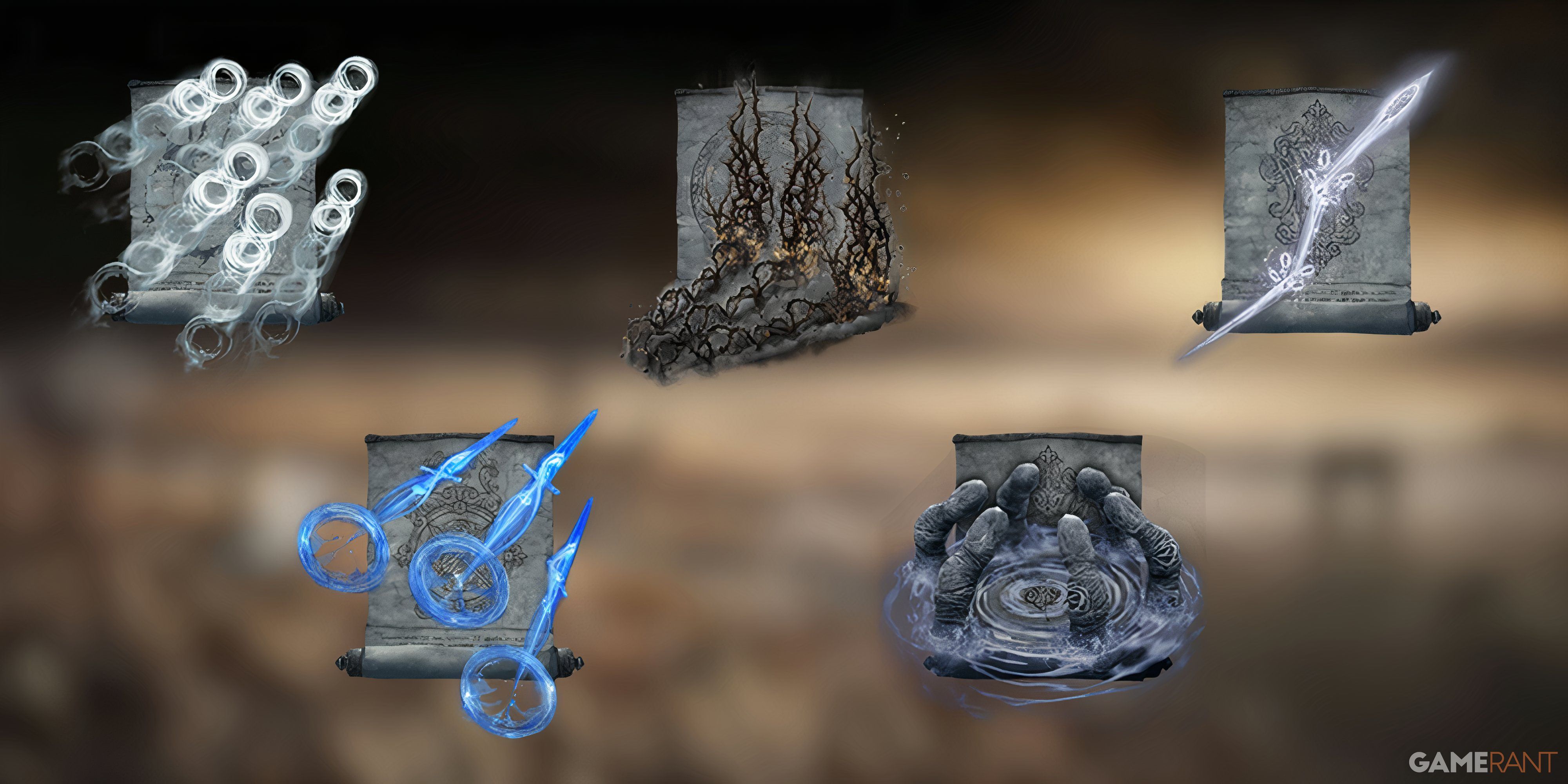
Every New Sorcery In Elden Ring: Shadow of the Erdtree
There are 14 new Sorceries in the SOTE. Here's a breakdown of them all.
Magic Is Less Overpowered in Elden Ring: Shadow of the Erdtree
Shadow of the Erdtree's Boss Fights Aren't Conducive to Long-Range Magic Attacks
Although magic has been built upon in Shadow of the Erdtree, it doesn't have the game-breaking potential that it does in the base game. While Elden Ring can be tough no matter what, players that commit to magic builds, specifically sorcery, can overcome a lot of challenging bosses with relative ease. This is because several spells deal significant damage, and sometimes status effects, without requiring the player to close the distance between them and the enemy, which naturally makes it easier to avoid damage.
This approach is not as viable in Shadow of the Erdtree, whose bosses are often far more aggressive, quicker, and have more ranged attacks. Many of Shadow of the Erdtree's major bosses will punish the player for attempting to find a safe spot in the back of the arena and hurl spells at them, rapidly closing the distance between them and, more often than not, draining their health in just one or a few hits. This may come as a disappointment to some players, as magic was often seen as a way to reduce the at-times overwhelming challenge of boss fights in the base game.
Famously, FromSoftware never puts difficulty settings in its games. The justification for this lack of accessibility is that certain mechanics, like magic and summons, allow players to modify their experience with immersive, in-game resources. With both magic and summons becoming less effective in Shadow of the Erdtree, Elden Ring is arguably less accessible than it was before.
Magic Is More Mechanically Interesting in Shadow of the Erdtree
On the other side of the coin, Shadow of the Erdtree's harder boss battles require players to engage with magic on a more complex level. Since keeping a safe distance and avoiding enemy attacks while spamming spells is now less viable, those who use sorceries and incantations need to learn how to dodge and block more effectively, while always choosing their attack opportunities wisely. This has the benefit of deepening Elden Ring's magic builds, as players have to be more thoughtful, methodical, and intentional with what spells they choose to cast, and when.
But accessibility still takes a big hit with Shadow of the Erdtree's more aggressive and unforgiving boss design, which many may view as a mark against a game that is already lacking in the accessibility department. Magic users invested in the higher challenge of FromSoftware's combat, specifically as it pertains to dodging, blocking, and positioning, will probably get some additional enjoyment out of this ramped-up boss design, but those without the experience, ability, or inclination to engage with the system in this way may be disappointed or frustrated.

